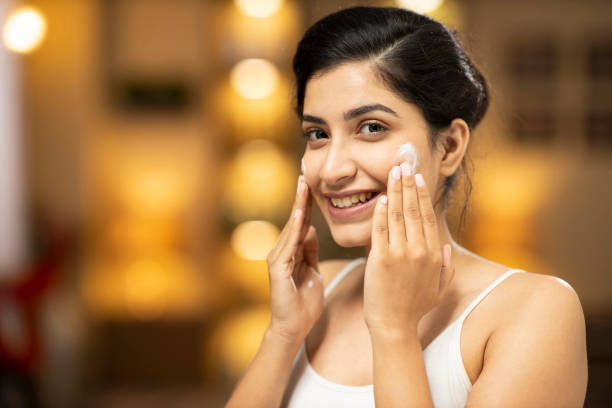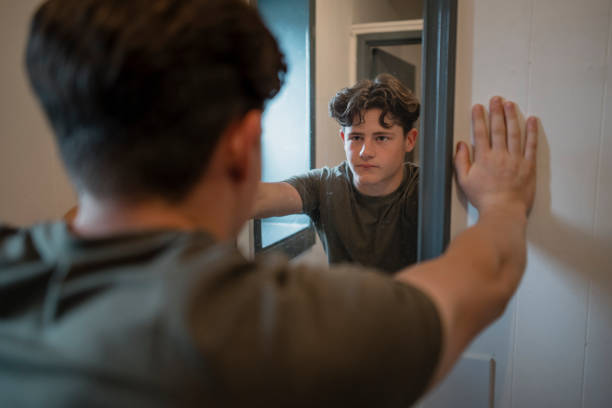Table of Contents
Introduction: Best Acne Treatment for Teens
Acne is one of the most common skin issues faced by teenagers. During puberty, hormonal changes trigger excess oil production, leading to clogged pores and breakouts. For many teens, this skin condition can cause embarrassment and affect self-esteem. However, the good news is that there are many effective treatments available. In this blog post, we will explore the best acne treatment for teens, including topical treatments, lifestyle changes, and skincare routines, to help teens achieve a clearer complexion and regain confidence.
What Causes Acne in Teenagers?
Acne is primarily caused by the overproduction of sebum (skin oil) in the sebaceous glands. During puberty, hormonal fluctuations increase sebum production, which can combine with dead skin cells and clog hair follicles. This creates an environment conducive to bacterial growth, leading to acne. Other contributing factors include genetics, stress, diet, and exposure to certain skincare products. Understanding the root cause is essential in choosing the best acne treatment for teens.
The Best Acne Treatments for Teens
There are several proven methods to help treat acne and keep it under control. Let’s take a look at the most effective and best acne treatment for teens:
1. Over-the-Counter Topical Treatments
One of the easiest and most accessible acne treatments is using over-the-counter (OTC) topical products. These treatments contain ingredients like benzoyl peroxide, salicylic acid, and sulfur, which are known to reduce acne-causing bacteria, exfoliate the skin, and control excess oil production. Here’s a breakdown of the key ingredients:
- Benzoyl Peroxide: This ingredient helps kill the bacteria that cause acne. It also helps reduce inflammation and prevent new breakouts. This is one of the best acne treatment for teens based on over the counter medication.
- Salicylic Acid: A beta hydroxy acid (BHA), salicylic acid unclogs pores by exfoliating the skin and preventing pore blockages. This is also one of the best acne treatment for teens based on over the counter medication.
- Sulfur: Known for its antibacterial properties, sulfur helps treat acne by reducing inflammation and preventing the growth of acne-causing bacteria.
For mild to moderate acne, OTC products with these ingredients can be highly effective. Look for cleansers, gels, or creams that target acne and use them consistently for the best results.
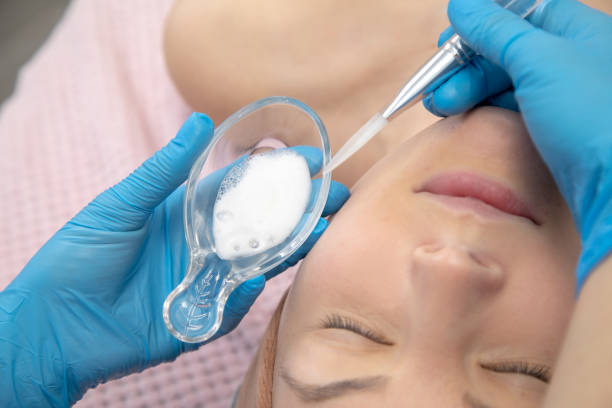
2. Prescription Medications
In cases of moderate to severe acne, teens may need prescription medications. A dermatologist can prescribe topical treatments such as retinoids, which help to speed up skin cell turnover and prevent clogged pores. Oral antibiotics, such as tetracycline or doxycycline, may also be prescribed to reduce inflammation and bacterial growth. For persistent acne, hormonal treatments, like birth control pills, may help regulate hormones and reduce breakouts.
Topical Retinoids: These are vitamin A derivatives that help unclog pores and promote the growth of new, healthy skin cells. Common examples include tretinoin (Retin-A) and adapalene (Differin). Vitamin A is best acne treatment for teens in case of moderate acne.
Oral Antibiotics: These medications help reduce bacteria and inflammation in the skin. They are typically used for moderate to severe acne and are prescribed for short-term use.
If OTC treatments aren’t effective, consulting with a dermatologist for prescription options may be necessary.
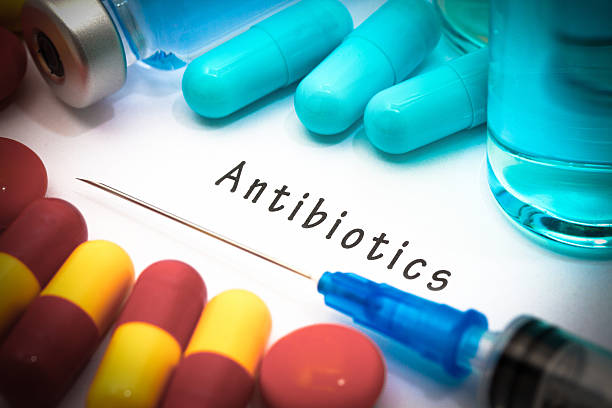
3. Natural Remedies
While scientific evidence supporting the effectiveness of natural remedies is limited, some teens may find relief with natural acne treatments. These remedies are often gentler on the skin and may help with mild breakouts.
- Tea Tree Oil: Known for its antibacterial properties, tea tree oil can be applied directly to acne spots. It may help reduce the size and redness of pimples.
- Aloe Vera: Aloe vera has soothing and anti-inflammatory properties. Applying aloe vera gel to acne-prone skin may reduce redness and swelling.
- Honey and Cinnamon Mask: Both honey and cinnamon have antibacterial properties that may help reduce acne-causing bacteria. A mask made from these ingredients can soothe the skin and fight infection.
Before using natural remedies, it’s important to test them on a small patch of skin to ensure there are no allergic reactions.
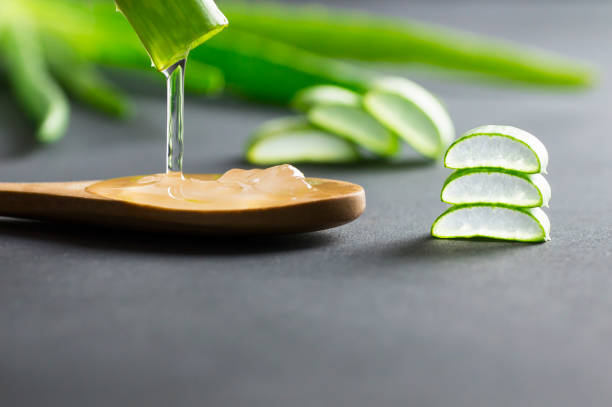
4. Skincare Routine for Acne-Prone Skin
Establishing a consistent skincare routine is essential for treating acne and preventing future breakouts. A proper routine helps keep the skin clean, hydrated, and balanced, making it less prone to acne.
Basic Skincare Steps for Acne-Prone Skin:
- Cleanse: Use a gentle, acne-fighting cleanser twice a day to remove dirt, oil, and bacteria from the skin. Avoid harsh scrubs that can irritate the skin.
- Tone: Use an alcohol-free toner to balance the skin’s pH and remove any leftover impurities.
- Treat: Apply acne treatment products, such as benzoyl peroxide or salicylic acid, to target problem areas.
- Moisturize: Even if you have oily skin, it’s important to moisturize to maintain skin hydration. Use an oil-free, non-comedogenic moisturizer.
- Sun Protection: Some acne treatments, especially retinoids, can make the skin more sensitive to the sun. Use sunscreen daily to protect the skin from harmful UV rays.
Consistency is key in maintaining a skincare routine. Over time, this can help clear up acne and improve the skin’s overall appearance.
5. Healthy Diet and Lifestyle Changes
What you put into your body can have a significant impact on your skin. While diet alone may not be the sole cause of acne, certain foods can exacerbate the condition. A balanced diet rich in vitamins and minerals can help support healthy skin.
- Limit Dairy: Some studies suggest that dairy products, particularly milk, may contribute to acne flare-ups in some people. Reducing dairy intake may help improve acne for certain teens.
- Eat More Antioxidants: Fruits and vegetables rich in antioxidants, such as berries, spinach, and kale, can help reduce inflammation and promote healthy skin.
- Increase Omega-3 Fatty Acids: Foods like salmon, flaxseeds, and walnuts contain omega-3 fatty acids, which can help reduce inflammation and keep the skin clear.
- Stay Hydrated: Drinking plenty of water helps maintain skin hydration and flush out toxins that could contribute to acne.
In addition to diet, managing stress levels is essential for hormonal balance. Engaging in activities like yoga, exercise, or meditation can help reduce stress and improve overall skin health.
6. Avoid Picking or Squeezing Pimples
One of the biggest mistakes teens make when dealing with acne is picking or squeezing pimples. This can push bacteria deeper into the skin, leading to more breakouts and potentially scarring. It’s important to avoid touching the face and to let acne heal naturally. If acne is persistent, consult a dermatologist for proper treatment options rather than attempting to pop pimples at home.
Conclusion: Best Acne Treatment for Teens
Acne is a common but manageable condition that affects many teens. By following the best acne treatment for teens, including using OTC products, prescription medications when necessary, maintaining a consistent skincare routine, and making healthy lifestyle changes, teenagers can significantly improve their complexion. It’s important to be patient and consistent with treatments, as acne may take time to clear up. For persistent or severe acne, seeking professional advice from a dermatologist is recommended to find the most effective treatment plan.
Frequently Asked Questions
What is the best acne treatment for teens?
The best acne treatment for teens includes a combination of topical treatments like benzoyl peroxide and salicylic acid, a consistent skincare routine, and possibly prescription medications for more severe cases.
How can teens prevent acne?
Teens can prevent acne by maintaining a daily skincare routine, using gentle acne treatments, eating a balanced diet, staying hydrated, and avoiding touching or picking their face.
What foods contribute to acne in teens?
Dairy products, sugary foods, and processed foods may contribute to acne flare-ups in some teens. A diet rich in fruits, vegetables, and omega-3 fatty acids can help support clear skin.
Is it necessary to visit a dermatologist for acne?
If over-the-counter treatments aren’t working or if the acne is severe, visiting a dermatologist is recommended. They can prescribe stronger medications and offer personalized treatment options.
How long does it take for acne treatments to work?
It may take several weeks to see noticeable improvements with acne treatments. Consistency is key, and it’s important to follow the treatment plan prescribed by a healthcare professional.
What are the most effective OTC acne treatments for teens?
The most effective OTC acne treatments for teens include products containing benzoyl peroxide, salicylic acid, and sulfur. These ingredients help reduce inflammation, fight acne-causing bacteria, and prevent clogged pores, making them some of the best acne treatment for teens.
Can hormonal changes cause acne in teens?
Yes, hormonal changes during puberty are one of the primary causes of acne in teens. Fluctuations in hormones like androgens increase oil production in the skin, leading to clogged pores and breakouts. Managing hormonal acne may require a combination of the best acne treatment for teens, including skincare and, in some cases, hormonal therapy.
What are the best acne treatments for teens with sensitive skin?
For teens with sensitive skin, the best acne treatment for teens includes gentle, non-irritating products such as those with salicylic acid, benzoyl peroxide in lower concentrations, and natural ingredients like aloe vera or tea tree oil. It’s important to choose products specifically designed for sensitive skin to avoid further irritation.
